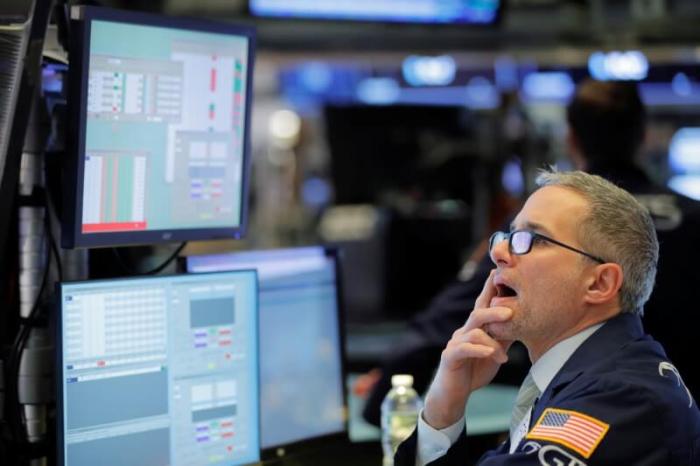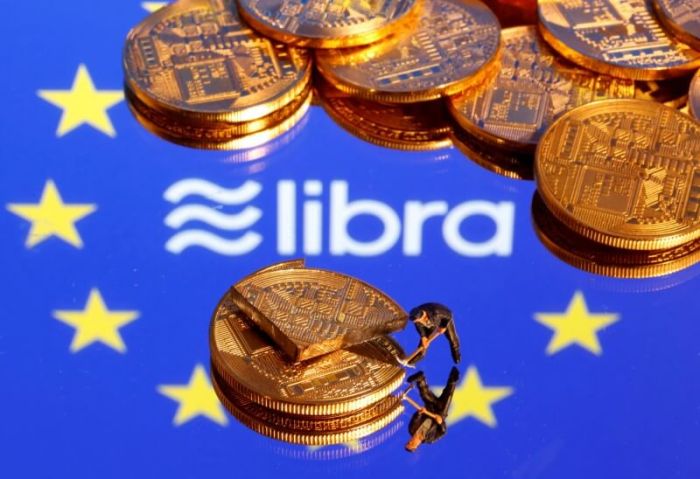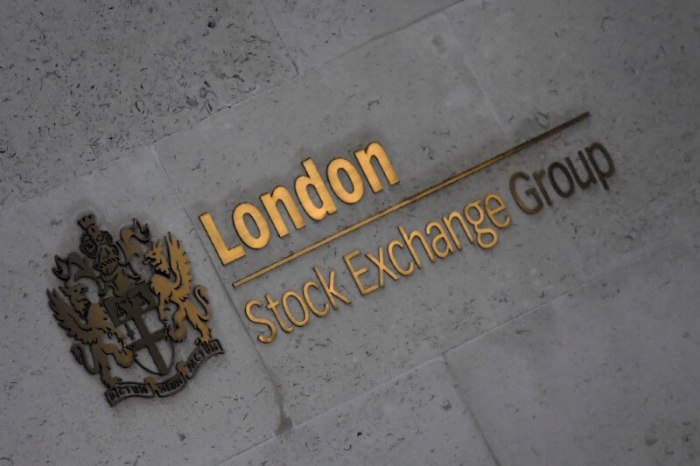BEIRUT (Reuters) – Lebanon’s central bank governor will take “necessary, temporary measures” to preserve the banking sector and depositor rights, the banking association head said on Friday.
Salim Sfeir, chairman of the Association of Banks in Lebanon (ABL) that represents the country’s banks, read a statement after a top-level meeting at the presidential palace as Lebanon grapples with the worst economic crisis in decades.
He did not give details on the steps and added without elaborating that Central Bank Governor Riad Salameh had also made “some suggestions that require legal provisions”.
“The central bank governor was assigned to take the necessary, temporary measures, in coordination with the banking association, to issue circulars,” Sfeir said after the meeting with President Michel Aoun, Salameh, and government officials.
“This is to preserve stability, confidence in the banking and monetary sector, as well as its safety, and depositors’ rights.”
In response to a question from reporters, he repeated previous remarks from officials that there will be no formal capital controls.
Lebanese banks have imposed new curbs on access to cash, fuelling depositor worries over their savings despite government assurances they are safe. The banks have tightened limits on withdrawing U.S. dollars and blocked nearly all transfers abroad amid worries about a capital flight and political gridlock over forming a new government.
Since protests erupted across Lebanon on Oct. 17, pressure has piled on the financial system. A hard currency crunch has deepened, with many importers unable to bring in goods, forcing up prices and heightening concerns of financial collapse.
In a Reuters interview this month, Sfeir described the new bank controls as “a fence to protect the system” until things return to normal.
Sfeir also noted on Friday that Lebanon had fulfilled its commitment and paid off a Eurobond of $1.5 billion that was due to mature on Thursday.
(Reporting by Ellen Francis)

























